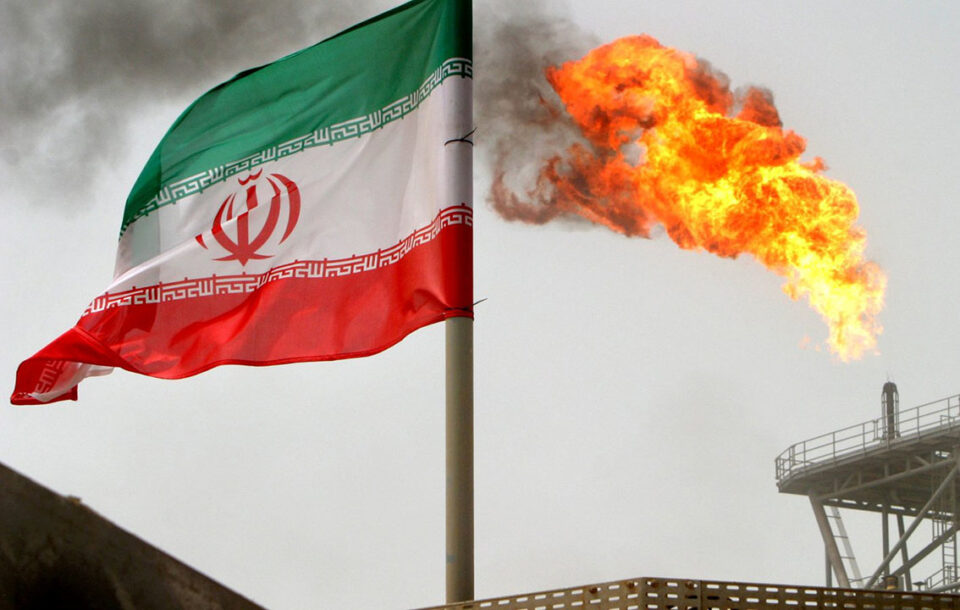Iranian oil exports reached a peak of more than 1 million barrels per day (bpd) in December, 2021, according to estimations from analysts and market watchers quoted by Reuters. The news agency reported this Thursday that the 1 million bpd mark had not happened in almost three years.
Firstly, oil exports from Iran have been limited since 2018, when former President Donald Trump exited the 2015 nuclear accord, reimposing sanctions to cut oil exports from Iran to prevent the country from taking the revenue.
Nevertheless, Iran has kept exports flowing at discrete levels, despite the sanctions. According to the report, China is the destination of most cargoes.
Moreover, China imported an average of 600,000 bpd of Iranian oil, mostly sold as crudes from other sources such as Oman, the UAE, and Malaysia; according to oil and gas data analysts from Vortexa Analytics.
Also recommended for you: US talks with Mexico over climate ‘very constructive’: Kerry. Click here to read.
If nuclear deal comes back, Iranian oil exports could reach 2.5 million bpd
Such a demand peaked Iranian crude exports in December 2021 to more than 1 million bpd, although they were down again in January 2022 to 700,000. Petro-Logistics Chief Executive Daniel Gerber said about the matter. “We wouldn’t expect to see 1 million bpd consistently until there is a change in the political landscape.”
In addition, a senior trade source said to Reuters that January volumes dropped by about 300,000 bpd from December and added that the volumes fluctuate because there is a shortage of ships.
Furthermore, high demand for oil and tight supplies have pushed oil prices to $94 dollars a barrel. If president Biden lifts the sanctions, as nuclear deal talks go forward, Iran would, in theory, bring back its crude exports towards 2.5 million bpd, a rate last seen in 2018.
On the other hand, in regards to Iranian oil imports, a spokesperson for China’s Foreign Ministry said. “The international community, including China, has been conducting normal cooperation with Iran under the global legal framework, which are both reasonable and legitimate. They deserve respect and safeguard.”


